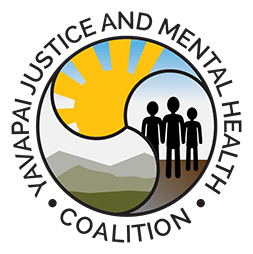Community Resources
Free 24/7 Crisis Line
Call 988
If you are having an emotional crisis or know someone who is at risk of physical harm, hurting themselves, or someone else, call the Behavioral Health Crisis Hotline immediately.
Here are some warning signs:
- Hopelessness; feeling like there’s no way out
- Anxiety, agitation, sleeplessness, mood swings
- Feeling like there is no reason to live
- Rage or anger
- Engaging in risky activities without thinking
- Increasing alcohol or drug use
- Withdrawing from family and friends
Call 911 if:
- You are concerned about harming or hurting yourself or someone else
- Thinking about killing yourself, or looking for ways to take your life
- Talking about death, dying, or suicide
- You or someone else has overdosed
Crisis Services May Include
- Crisis Intervention Phone services, including a toll-free number, are available 24 hours per day, 7 days a week
- Mobile Crisis Intervention services, available 24 hours per day, 7 days a week
- 24-hour Crisis Observation/Stabilization services, including detoxification services; and as funding allows, up to 72 hours of additional crisis stabilization; and substance use-related crisis services, including follow-up services for stabilization.
For additional information regarding regional crisis services
Yavapai Resources for Those with Dementia
Supportive Resources
#Yavapai StrongerTogether
Yavapai Area Resource Guide: MOhelp.org
Domestic Violence Support Resources
Mental Health America Information and Resources
Children, Youth & Family Resources
A Guide for Working (from Home) Parents
Visit our Facebook page for up-to-date information, resources & support.
Referral Agency Directory
Yavapai County is rich with resources to address Prevention, Treatment and Recovery needs for individuals seeking mental health and/or substance abuse support.
Our Referral Agency Directory will allow you to search for service to meet your needs as well as download or email service agency information.
Start Your Recovery
Is someone you love recovering from substance misuse?
Learn more about addiction, how to spot the signs of addiction, the different types of treatment options available and find the help you need to maintain sobriety.
Find Naloxone in Arizona
Naloxone is an important tool in preventing overdose fatality and people who use opioids as well as friends and family members should have access to it.
For more information or to receive your own kit, please contact Sonoran Prevention Works, 928-514-0523 located on 154 E Merritt Street, or click the button below to visit their website
Get In Touch
Location: 255 E. Gurley Street, Prescott, AZ 86301
Telephone: (928)554-8820
